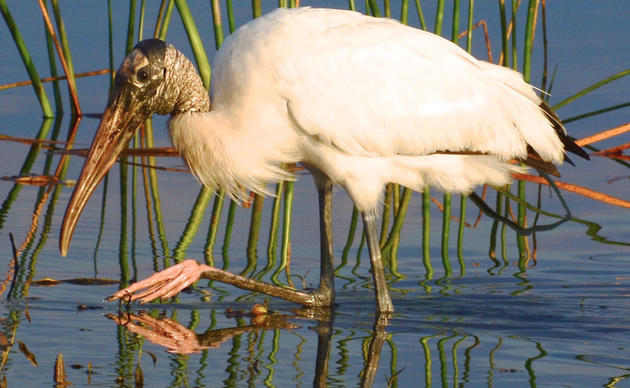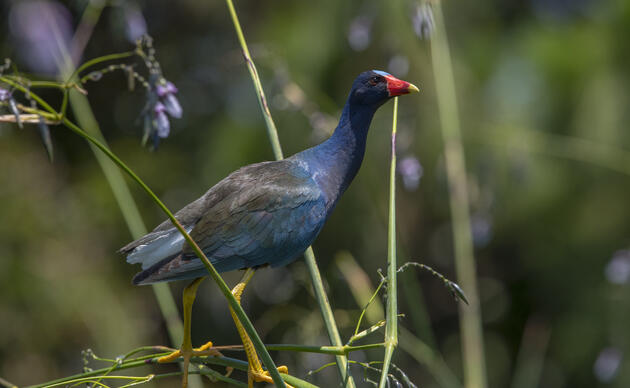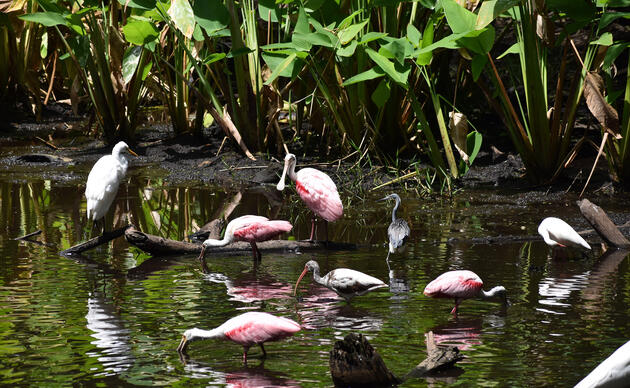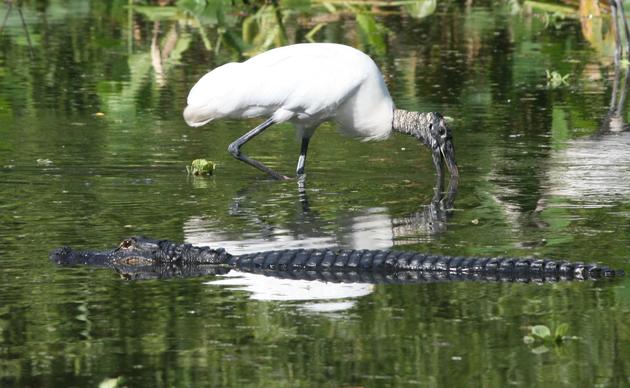FAQs
Frequently Asked Questions
What is an "invasive"?
According to Executive Order 13112, an invasive species is a non-native species (including seeds, eggs, spores, or other propagules) whose introduction causes or is likely to cause economic harm, environmental harm, or harm to human health.
Are all non-native species invasive?
No. Not all non-native species are invasive. According to the Florida Exotic Pest Plant Council (FLEPPC), there are different degrees of non-nativeness. For more information please check out the 2011 FLEPPC Plant List.
How do invasives get here?
There are multiple pathways that bring invasive plants and animals here. Boats, escape from aquaculture, freight industry, nursery industry, and release or escape of pets are just a few of these avenues of introduction.
How do invasive plants spread?
Invasive plants spread through seed dispersal or the movement or transport of seeds away from the parent plant . Seeds can float on the wind or water. Also, animals such as birds or other wildlife can consume seeds and pass them through their digestive system, depositing the seeds elsewhere. Some invasive plants, like Caesar weed, have special adaptations that allow them to be transported on the outside of a plant by attaching via hooks, barbs, adhesive mucus, etc. Off-road vehicles can also be vectors for seed dispersal.
How do invasives harm other species?
Invasive plants outcompete native plants by shading them out and/or taking nutrients and space from the natives. Some produce toxins or retard the growth, development, or reproduction of a native. Invasive plants can cause disease or illness in native animals. Invasive animals can directly feed on native plants or animals.
How can I help...what can I do in the war against invasives?
Educating yourself and others on the invasive plant and animal problem is also a great way to help. Another avenue is contacting your local, state, and/or federal representatives and voice your concerns about the impacts invasive plants and animals are having. Want a more active approach...volunteer in your area! Corkscrew Swamp Sanctuary has a great volunteer program!
Before buying an exotic pet, please ask yourself a few questions. How big will this animal eventually get and what does it eat? Will you be able to care for this animal for the length of its life? If you have an exotic pet already and are no longer capable of caring for it, please don't release it. There are hobby groups, local museums, zoos, pet shops, and other programs that can assist. For additional help, contact FWC's adoption hotline at 888-IVE-GOT1.
How you can help, right now
Donate to Protect Corkscrew's Birds and Wetlands
Make a meaningful and lasting gift to protect Corkscrew Swamp Sanctuary's rare Everglades habitat.
Become a Member
Join an extraordinary and growing community of members dedicated to supporting the conservation of natural ecosystems throughout the Western Everglades.
Sign Up for the Corkscrew eNewsletter
Stay connected to Corkscrew Swamp. Sign up for our monthly online newsletter.




